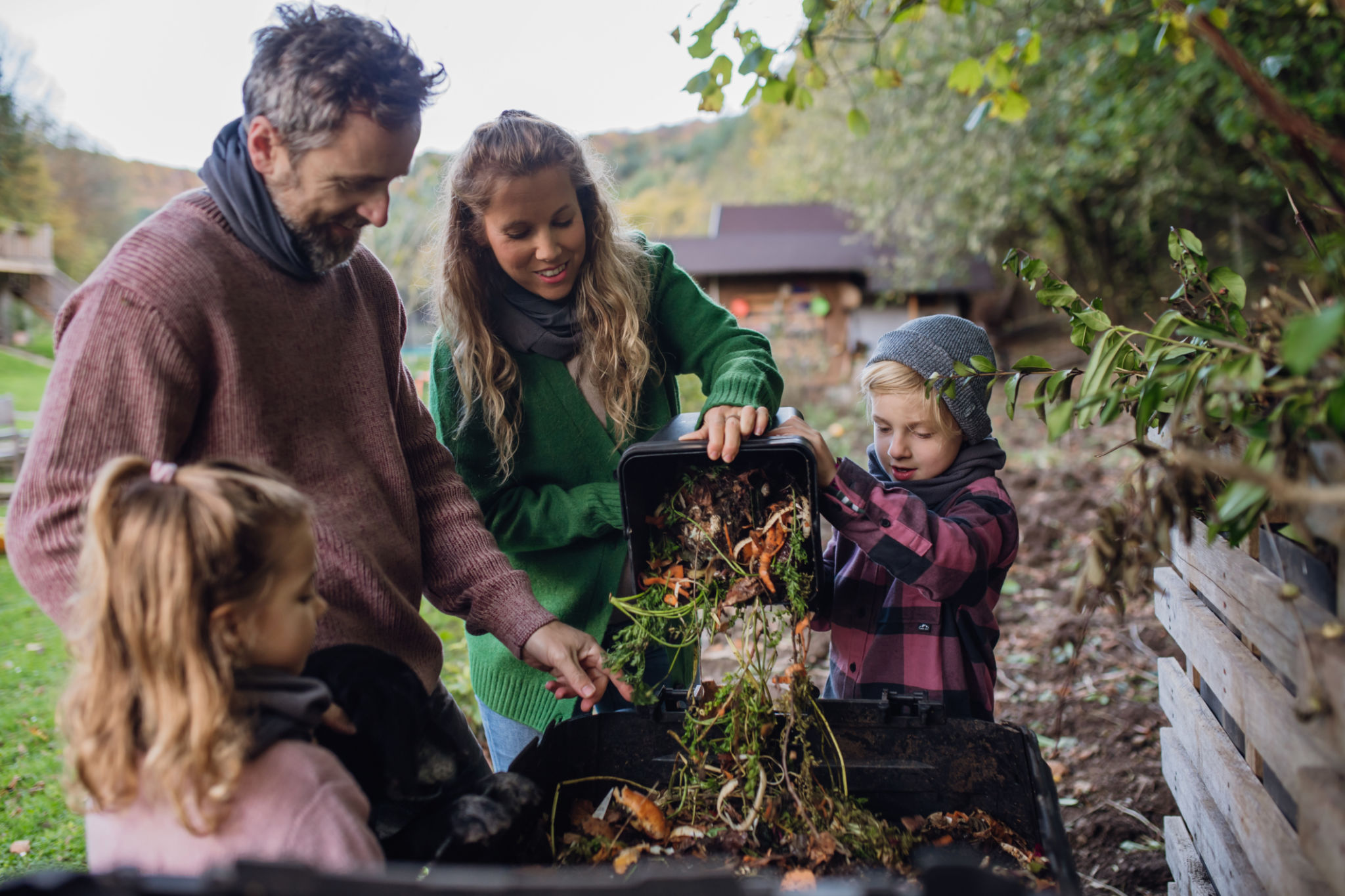Debunking Common Gardening Myths: What Waikanae Homeowners Need to Know
Understanding the Truth Behind Gardening Myths
Gardening is a beloved hobby for many homeowners in Waikanae, providing not only a source of fresh produce and beautiful landscapes but also a sense of tranquility. However, gardening is often surrounded by numerous myths that can mislead both novice and experienced gardeners. In this blog post, we aim to debunk some of these common misconceptions and provide you with accurate information to help your garden thrive.

Myth 1: You Must Water Your Plants Every Day
A widespread belief is that daily watering is necessary for a healthy garden. In reality, overwatering can be just as harmful as underwatering. Most plants prefer a deep soak less frequently, which encourages roots to grow deeper into the soil. This creates stronger plants that are more resilient to drought conditions.
It's essential to understand your specific plant's water requirements and adjust your watering schedule accordingly. Consider factors such as soil type, weather conditions, and plant species when determining how often to water your garden.
Myth 2: Coffee Grounds Are Always Beneficial for Compost
Many gardeners have been told that adding coffee grounds to compost will benefit their plants. While coffee grounds can indeed be a valuable addition, they are not universally beneficial. Their acidic nature means they should be used sparingly, particularly for acid-loving plants like blueberries and azaleas.
Using coffee grounds in moderation and ensuring they are mixed well with other compost materials will help avoid any potential negative impacts on your soil's pH balance.

Myth 3: All Insects Are Pests
It's easy to assume that all insects in your garden are harmful pests. However, many insects play crucial roles in maintaining a healthy garden ecosystem. Beneficial insects, such as ladybugs and bees, aid in pollination and natural pest control.
Encouraging these beneficial insects by planting a variety of flowers and avoiding chemical pesticides can lead to a healthier garden overall. A diverse garden attracts natural predators that keep pest populations in check, reducing the need for artificial interventions.
Myth 4: Pruning Can Harm Plants
Another common myth is that pruning can damage plants. In reality, proper pruning techniques promote healthy growth and improve the structure of your plants. Regular pruning helps remove dead or diseased branches, allowing more sunlight and air circulation within the plant.
Learning the right time and method for pruning each type of plant in your garden is crucial. For example, some plants are best pruned in late winter or early spring, while others benefit from summer pruning.

Conclusion: Embrace Knowledge for a Thriving Garden
By dispelling these common gardening myths, Waikanae homeowners can cultivate a more robust and productive garden. Understanding the specific needs of your plants and embracing accurate gardening practices will lead to lush landscapes and bountiful harvests. Keep learning and experimenting to discover what truly works best for your unique garden environment.